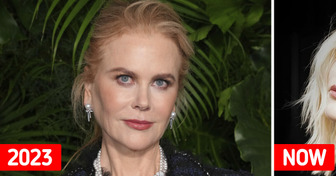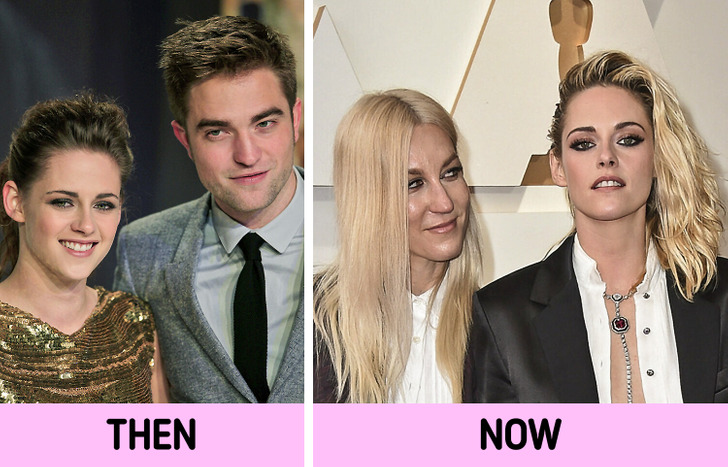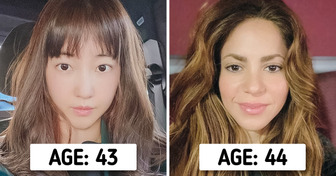“Pushing 60, Trying to Look 30,” Nicole Kidman’s New Bold Style Is Deemed Age-Inappropriate


A noticeable trend has emerged in marriage and relationships in recent years — women leaving their husbands to marry other women. This cultural shift challenges traditional norms and prompts us to reevaluate our understanding of love, commitment, and societal expectations. This article explores the reasons behind this phenomenon, highlighting the evolving landscape of relationships and the increasing acceptance of diverse expressions of love.
One of the primary reasons behind women leaving their husbands to marry other women is the change in the concept of compulsory heterosexuality. We were made to believe that every woman was born attracted to men, which we know isn’t true. Especially Millennials and Gen Zs, raised with access to information and the ability to challenge social norms, are leading this change, pursuing authenticity and self-discovery.
As societal attitudes towards same-sex relationships have become more inclusive and accepting, women may feel empowered to embrace their true selves and explore relationships that align with their authentic identities. This journey often involves leaving behind relationships that were initially formed under societal pressures or expectations.
A decade ago, examples of women openly dating and marrying other women were rare in the media. However, recent years have seen a shift, with several female celebrities openly revealing their relationships. The openness of celebrities like Rebel Wilson, Chrishell Stause, and Sarah Paulson contributes to breaking down societal stereotypes and normalizing diverse expressions of love. As more individuals share their stories and experiences, society becomes increasingly aware of the variety within relationships, fostering a more inclusive and accepting environment for all.
Recently, we have been introduced to the term “late-bloomer lesbians” to describe women who come out as gay later in life, typically in their thirties, forties, and beyond. Studies have found that many women who already thought other women were beautiful and attractive would, at some point later in life, actually fall in love with a woman. Dr. Lisa Diamond, associate professor of psychology and gender studies at the University of Utah, mentions that they hadn’t been repressing their true selves before. In reality, the little glimmers of occasional feelings weren’t that significant without the context of an actual relationship.
Another factor is that economic and social mobility dynamics influence women’s relationship choices. The evolving acceptance of same-sex marriages has created an environment in which women feel free to choose partners based on love and compatibility. Women who leave their husbands to marry other women are increasingly selective in their partnerships and prioritize emotional availability, effective communication, and shared values.
Moreover, we also need to consider the reality that women in heterosexual marriages tend to shoulder a disproportionate share of emotional and domestic labor compared to their counterparts. This observation holds even when women work outside the home and earn more than their husbands, as a Pew Research Centre study indicates. This factor also contributes to diminishing incentives for women to enter into partnerships with men.

The existence of supportive communities and networks for LGBTQ+ individuals has played a crucial role in this phenomenon. The “Lesbian Masterdoc,” a document that gained popularity on platforms like TikTok, has been credited with assisting numerous women in uncovering their sexuality.
As more women find communities that celebrate and embrace diverse forms of love, they may feel encouraged to pursue relationships that align with their authentic selves. These communities provide a sense of belonging, understanding, and acceptance, fostering an environment where women can explore their identities and form meaningful connections.
The growing trend of women leaving their husbands to marry other women reflects the evolving attitudes towards love, marriage, and personal authenticity. As societal norms shift, providing more space for diverse expressions of love, we can expect this trend to persist and contribute to a more inclusive understanding of relationships. It is a testament to the resilience of love in the face of societal expectations, and an invitation to embrace change with open hearts and minds.











